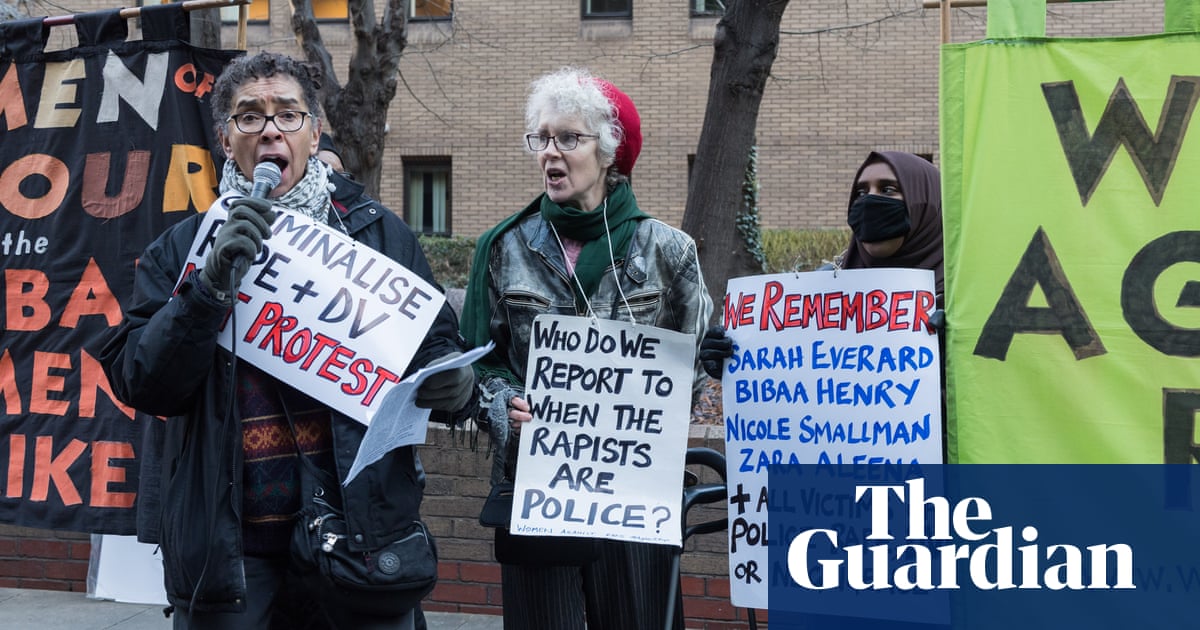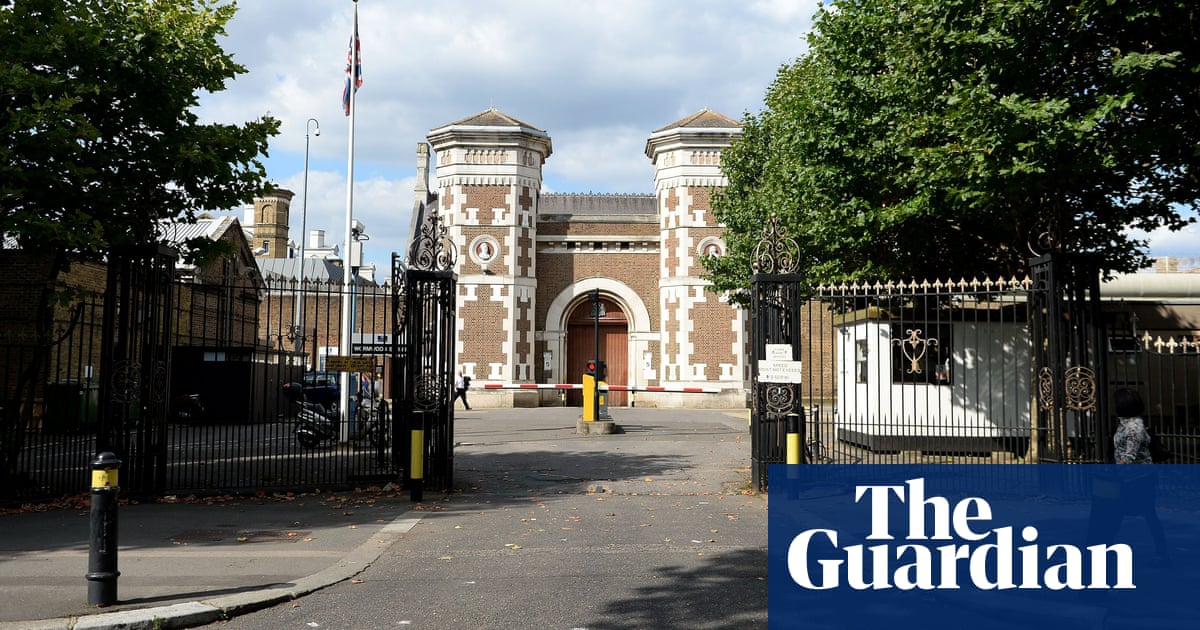
Fundamental failings by the Metropolitan police in the investigation into the deaths of the serial killer Stephen Port’s victims “probably” contributed to three of the four deaths, an inquest jury has found in its damning conclusions.
Missed opportunities could have led to Port being caught earlier, and “basic” lines of inquiry were not followed up, the jury found, in investigations that families of the victims described as “one of the most widespread institutional failures in modern history”.
Port murdered Anthony Walgate, 23, a fashion student, Gabriel Kovari, 22, from Slovakia, Daniel Whitworth, 21, a chef, and Jack Taylor, 25, who worked in a bonded warehouse, between June 2014 and September 2015. He administered fatal doses of the “date rape” drug GHB and dumped their bodies near his flat in Barking.
Police failed to link the deaths, despite striking similarities and the fact that three of the men were found in St Margaret’s churchyard, Barking, yards from Port’s home, while the other was found outside his flat.
A group of London MPs have called for a public inquiry into claims of institutional homophobia in the Metropolitan police after the inquest.
Dame Margaret Hodge said she and 17 other signatories had written to Met commissioner Dame Cressida Dick “to demand a public inquiry considers whether the Met is institutionally homophobic”. Hodge, Labour MP for Barking, was told by the Met that an inquiry into the issue was not being proposed, according to the letter.
Families of the victims said they felt “vindicated” by the findings, but they were furious that jurors had been told by the coroner judge Sarah Munro QC that they could not in law consider whether homophobia, prejudice or discrimination were factors. Accusations of “institutional homophobia” had been levelled against the force by some witnesses, which are denied.
In a joint statement, the families said they were “incensed by the police’s successful efforts to prevent the jury from examining whether prejudice played any part in the police’s actions”. They added: “Our firmly held belief is that the Metropolitan police’s actions were, in part, driven by homophobia.”
The jury said “insufficient leadership” allowed a “complete breakdown” of oversight of the investigations. They appreciated there were workload pressures on Barking and Dagenham borough officers, who investigated the deaths.
But there were failures that “cannot be overlooked which ultimately allowed for missed opportunities which in turn allowed [Port] to continue his acts towards subsequent victims”.
The Met’s major investigation teams (MIT), which declined primacy in the cases, also “missed opportunities” to take more ownership of the investigations and “did not adhere to the guidelines”.
Of Port’s final victim, Jack Taylor, they said there were “fundamental failings” at a “basic level which implicitly impacted the investigation at its starting point”.
During eight weeks of hearings at Barking town hall, police admitted failing to carry out basic checks, send evidence to be scientifically examined and exercise professional curiosity during the 16 months of Port’s killings.
Munro is to write a prevention of future deaths report. She said: “These inquests, on any view, have raised a number of serious concerns.”
.
The assistant commissioner Helen Ball, head of the Met’s professional standards, said after the inquests it was a “devastating finding” and that “trust in us has been damaged”. She offered “heartfelt apologies” on behalf of the Met, which has received civil claims relating to the cases, for “failings in the police investigation”.
She said the Met commissioner, Cressida Dick, had offered to meet the families of the victims. However, Ball did not accept that the Met was “institutionally homophobic”.
She said: “We don’t see institutional homophobia, we don’t see homophobia on the part of officers. We do see all sorts of errors in the investigations which came together in a truly dreadful way.”
The jury heard evidence of errors and omissions, including that Port’s laptop, seized after Walgate’s death, was not submitted for forensic examination for 10 months, by which time he had killed Kovari and Whitworth. When an officer did finally examine the results 13 months after Walgate’s death, he failed to register Port’s obsession with drug-rape pornography involving young men, which had “occupied almost all his waking hours when not at work”, jurors heard.
Barking and Dagenham borough officers were not initially aware of a previous allegation of drug rape against Port recorded on the police national computer, which had led to his arrest and his DNA being taken, though no charges followed. Neither were they aware of a British Transport Police report of Port with another man who was under the influence of drugs at Barking station two weeks before Walgate’s death.
Kovari and Whitworth, found three weeks apart by the same dog walker, had never met. Police linked the deaths solely because of a fake suicide note placed by Port on Whitworth’s body, claiming that he had accidentally given Kovari a fatal overdose of GHB. But they failed to conduct basic scientific tests.
The police watchdog, the Independent Office for Police Conduct, said it was considering reopening its 2019 inquiry which concluded that none of the 17 police officers investigated for misconduct would face disciplinary action. Seven of those officers have since been promoted. However, it did identify “systemic failings” within the Met and nine officers were required to improve their standard, five of whom have since been promoted.
Ball said the Met had already made changes following the deaths: “We have more and better-trained investigators across the entire Met and new structures so intelligence teams, officers on the ground and specialists can work far more closely to identify trends and link crimes much earlier.”
The rights advocate Peter Tatchell said he had expressed concerns in 2014 that the first three deaths could be linked. He said: “Evidence given at the Stephen Port inquest revealed the police to be incompetent, negligent, unprofessional and homophobic. Every gay person who expressed concerns about the deaths was ignored, dismissed and treated with contempt, even the partner of one of the victims. That’s institutional homophobia. The officers involved must face disciplinary action.”
Port, now 46, was convicted of all four murders in 2016, as well as eight sexual assaults against other victims who survived, and he is serving a whole-life sentence.












